Market Share
Negative Pressure Wound Therapy Market Share Analysis
The market for Negative Pressure Wound Therapy (NPWT) has grown a lot in recent times. This is due to improvements in medical technology and an increased number of long-lasting wounds. NPWT uses negative pressure on a wound to help it heal faster and prevent problems. For businesses in the NPWT industry, where they stand is very important. It talks about how good a company or product is in the market compared to others. Good plans for where to put your products are important. They help you beat others and make the most of what people buy from you. Businesses in the NPWT market try to get more customers by always finding new ways and improving technology. Making better NPWT tools with extra features, like stronger sucking power and easier to use parts that help patients more is a main plan for drawing health care workers. This also helps in getting larger control over the market. Winning people who sell in the NPWT market work on making things special and different from others to be noticed. Making special NPWT tools for different hospitals and patients can help a company stand out. This makes customers stay loyal and gives the business more growth in its market share. Making business deals and teamwork is a usual plan for firms looking to improve their place in the market. Working with health groups, wound care centres and study places can help make connected answers. It also helps to reach more people in the market. Businesses use tactics to take over markets and reach new places so they can get untapped market shares. Businesses work hard to build their reputation in new economies and places where the health care industry is growing fast. This helps them take over more of the market worldwide. Many big companies in the NPWT field spend money on education and training programs. Giving full training to health workers about the right way and advantages of using NPWT machines helps improve patient care. It also makes companies seen as customers' friends, which raises their share in business deals. Getting low costs and providing cheap answers is a very important plan, especially in markets where people care about the price. Businesses that make good NPWT devices at low costs are likely to get more customers. This helps them have bigger pieces of the market share in business terms. Following rules and focusing on quality are very important in the NPWT market. Businesses that always follow or go beyond what the rules say build trust among doctors and nurses. This gives them a good name which can cause their market share to grow larger.


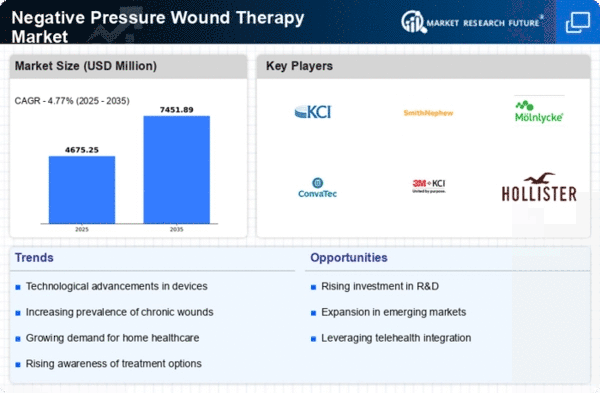
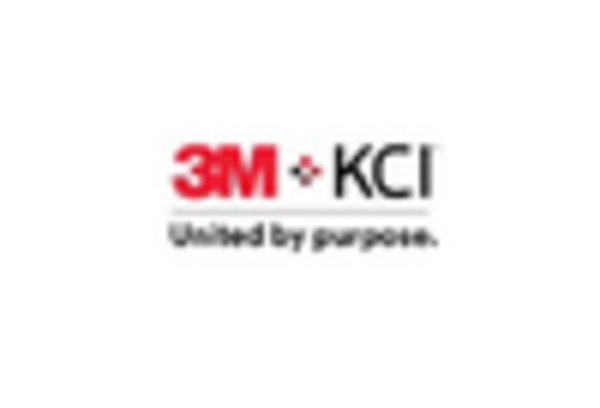
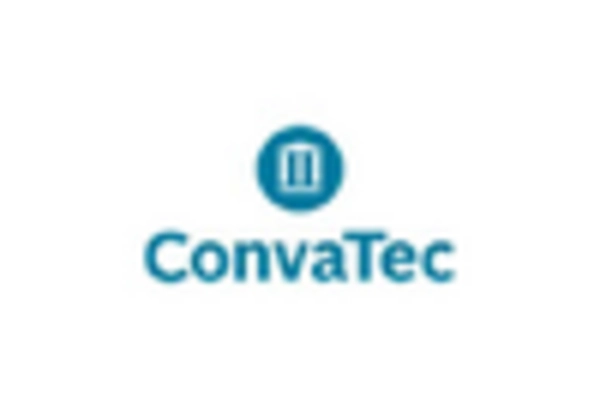
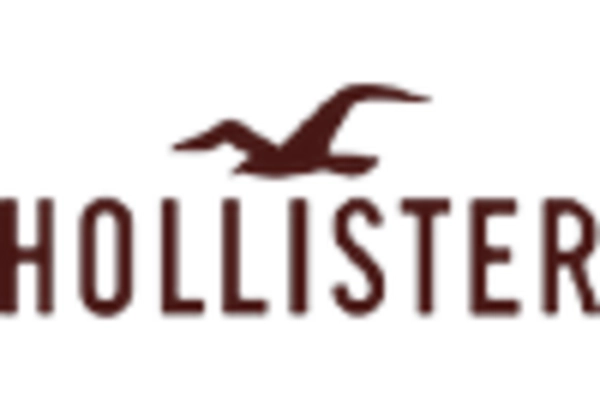
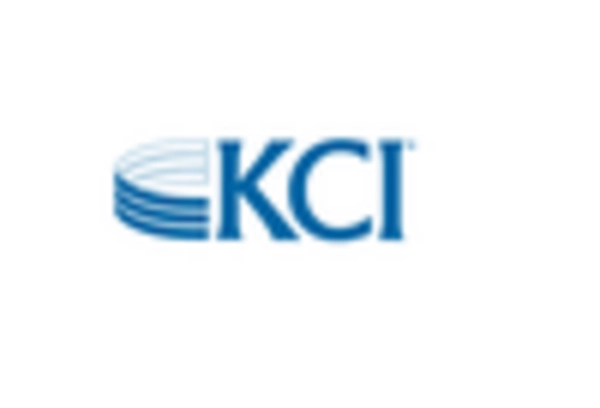
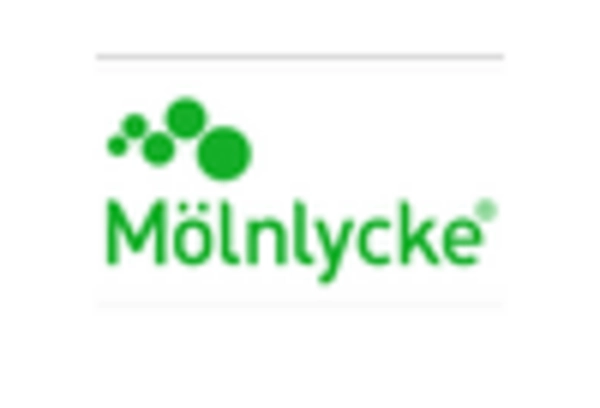
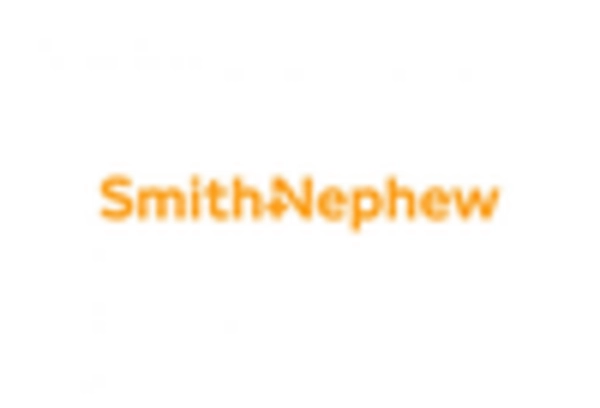









Leave a Comment